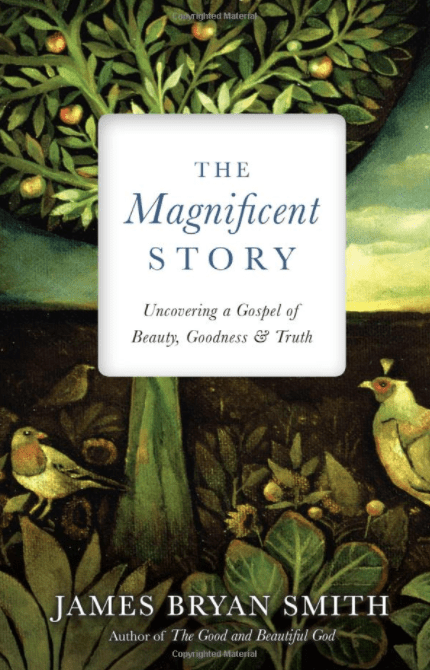Tim Dalrymple, a world class gymnast who broke his neck at Stanford and lost a career, recently wrote a post about suffering and connected his experience with that of acerbic atheist Christopher Hitchens. I like his perception of the instrumental element of suffering as much as the absence of seeking to know the mind of God in our suffering. Good serious piece.
At a recent event at the Pew Forum, I asked Hitchens whether he ever doubted his views on God and faith. Immaculate certainty is an essential part of his public persona, but was he ever troubled in the dark of night by the possibility that there is a God who loves him? Hitchens answered (as he did in God is Not Great) that he is one of those, referenced by Pascal, who is so constituted that he simply cannot believe. (He is misusing Pascal here, but that’s another matter.) Like any skilled debater, Hitchens prides himself on his ability to argue both sides of an argument. In the case of Christianity, he said, he could not even begin to make it seem credible.
Yet I did not ask whether he could begin to believe the Christian gospel. I asked whether he could begin to doubt his own standpoint. Hitchens, asked whether he ever doubted himself, spoke instead of the doubtfulness of a view that was not his own. The nineteenth-century Danish writer Søren Kierkegaard once wrote that false doubt is boastful and delights in pointing out the doubtfulness of other things. True doubt, the doubt that saves, doubts itself over all else. This is what suffering can teach. Suffering shows us our own horizon; it lays bare our weaknesses; it reveals that we, even in those seasons when we felt self-sufficient and invincible, have always been utterly dependent upon God for all things.










